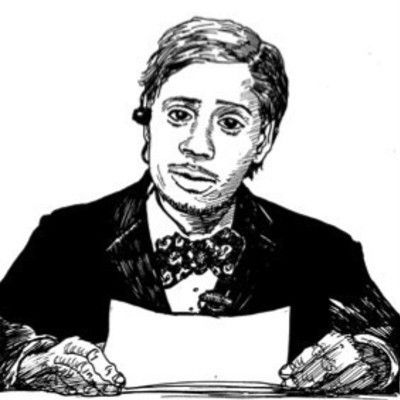Sarah Nicole Prickett is the founding editor of Adult.
"I'll admit to being resistant to the 'by women for women' label that Adult had before because I saw it as being just 'by women,' period. That’s way more feminist than making something for women, which is very prescriptive and often comes in various shades of pink."
Thanks to TinyLetter for sponsoring this week's episode.



